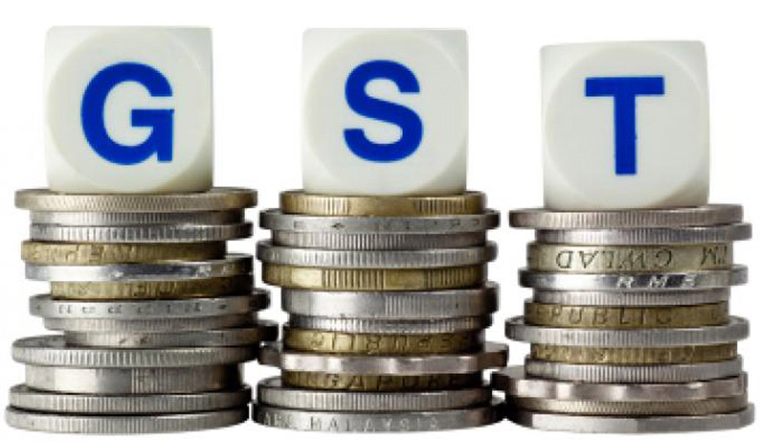With revenue generation from GST falling short of expectations, the GST Council is mulling major recalibration of the unified tax structure in its upcoming meeting on December 18. The move will increase the tax burden on consumers, who is already reeling under one of the worst economic slowdowns in six years.
According to various media reports, the GST Council will discuss raising the base slab from 5 per cent to anywhere between 6-9 per cent. The 5 per cent slab includes consumables and essential commodities, including branded cereals, flour, paneer, economy-class air travel, first and second-class AC train travel, palm oil, olive oil, pizza bread, footwear, dry fruits, tour services, outdoor catering and restaurants, among others.
In addition, there are plans to do away with the 12 per cent tax slab and move the 243 items in that segment to 18 per cent category, which accounts for about 60 per cent of the current GST collection. The 12 per cent slab covers mobile phones, business-class air travel, state-run lotteries and hotel rooms that cost between Rs 5,000-7,500.
An increase in the current base slab by even one per cent—from the current 5 per cent to 6 per cent—can result in the government generating additional revenues of Rs 1,000 crore per month. The 5 per cent slab contributes about 5 per cent to the GST collection.
also read
- GST collections hit Rs 1.78 lakh crore in March, second highest since roll-out
- GST enforcement body begins action against FMCG majors like ITC, Pepsico and others for tax evasion
- GST collections rise to second highest-ever at Rs 1.72 lakh crore in January
- GST officers detect over 29,000 bogus firms involved in fake ITC caims of Rs 44,000 crore
In addition, several items currently exempted from GST, such as treatment in “expensive” private hospitals to hotel accommodation under Rs 1,000 and high-value company home leases, might also be brought under the GST ambit, reported TOI. Further, the Business Standard has reported that the GST Council is also planning to increase the compensation cess for cigarettes and aerated drinks.
According to the reports, most of the new recommendations were made by state government officials, keen to ensure that there is clarity on compensation, which has been hit by lower-than-expected collections. "The emerging view is that revenue-generating measures are essential if compensation requirements of states are to be met," the TOI reports.
The Centre's expected GST collection is Rs 1 lakh crore per month. However, the collections fell sharply to a 19-month low of Rs 91,916 crore in September. Tax collections stood at Rs 95,380 crore in October. However, after two months of negative growth, GST revenues witnessed a recovery with a positive growth of 6 per cent, clocking in Rs 1.03 lakh crore in November.
Any move to increase the GST rates, however, will further weaken the already hit spending capacity of the population, reeling under low economic growth and rising inflation rates.


